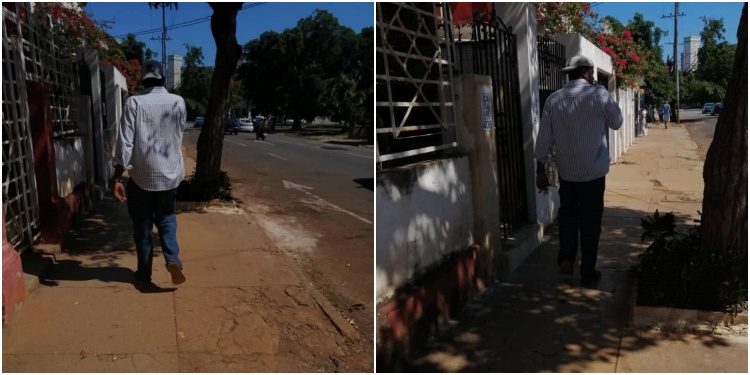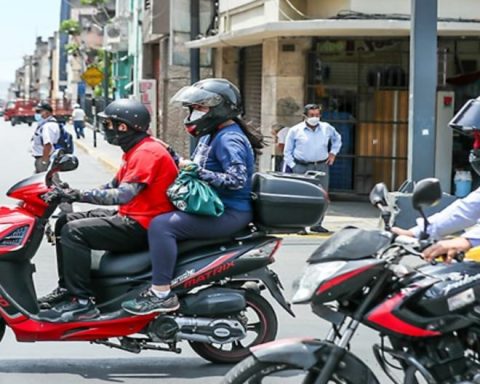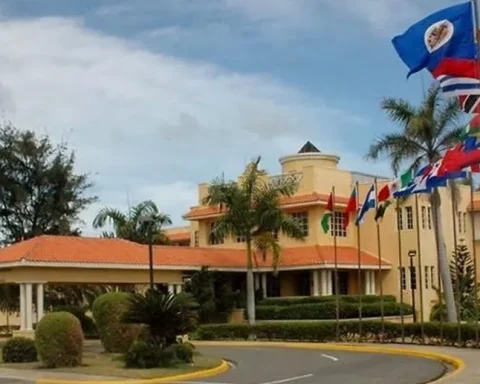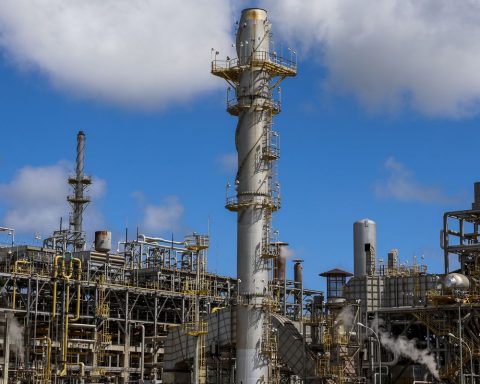At the meeting of the tax reform rapporteurs, who are part of the government parties, with President Gustavo Petro it was decided not to apply taxes to higher pensions and said change will be incorporated in the text of the paper for the final discussions.
(US businessmen question Petro’s tax reform).
Petro said that the philosophy of the reform is aimed at paying the country’s commitments and to increase social justice and that is why the highest layers of Colombian society are affected.
“A tax on pensions is not going to be presented,” said the national president.
In addition, he assured that the taxation of hydrocarbons in oil and coal was modified.
It is maintained that royalties in the entire mining sector are not deductible from income tax, “because the subsoil assets are property of the Nation and to that extent, when their economic exploitation is granted by an individual, the Nation is entitled to some royalties and therefore these are not part of the accounting of the companies that have this concession and are not deductible from income tax, “said Petro.
Said the surtax of the oil and coal sector will depend on the international price. “If it is low there will be no surcharge and it will be defined, with some tables, from where to where the surcharge on oil is 5% and from where to where it is 10% and from where, based on the average of the last 20 years the surcharge is 15%”.
(The tax would threaten the social contribution of companies, according to the survey).
For its part, there is a differential rate on coal that starts later because its production costs are different and will reach up to 10% of the income tax, said the president.
He commented that the value of the collection of the reform will be reduced and will be around $20 billion for the coming year and will rise to $23 billion by 2026.
Gustavo Acero, an economist at Banco de Bogotá, said that the amount is ambitious and that surcharge shows that the dependence of tax revenue on raw materials is increased and about a third of the collection falls at this point and although in high prices are an important source of income in the scenario of low prices, new concerns will arise regarding these incomes and a fiscal loophole could arise due to the dependence of resources on raw materials.
Luis Fernando Mejía, director of Fedesarrollo, says that the public spending that most worsens income distribution in Colombia is that of pension subsidies: “73.1% of pension subsidies are given to the 40% with the highest income in the country. country. It is worth continuing to do pedagogy on this for future reforms”, he assured.
BRIEFCASE

















